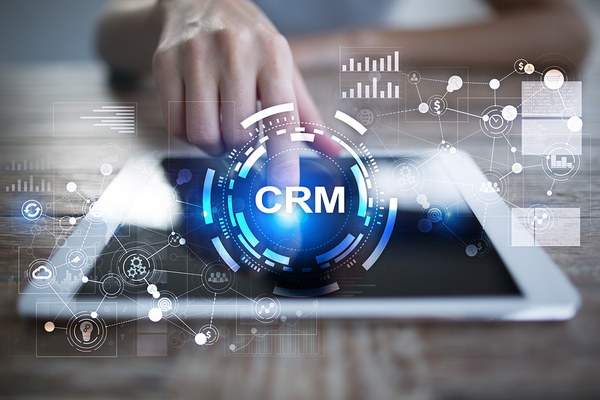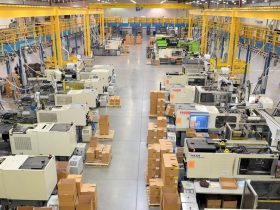Integrating Salesforce CRM with ERP helps data synchronization between systems seamlessly and transforms day-to-day business operations. With Salesforce ERP integration, there is no need for businesses to re-enter customer data into the ERP system repeatedly to create reports. This is time-saving and also offers instant data access to all company employees. This is done by creating an invoice automatically in any integrated ERP system. More businesses worldwide are integrating Salesforce CRM with ERP because of multiple benefits.
Integrated access from multiple systems
Based on skill and understanding, some employees might have better knowledge of one system than others. For instance, the sales team has better expertise and understanding of Salesforce, while the financial planning team is better at ERP system functioning. Merging ERP with Salesforce CRM lets users deal with much-needed data via their preferred systems. Because there is data synchronization, every employee gets access to centralized information. Thus, they don’t have to switch from one system to another to acquire data.
Improved communication
When ERP is integrated with Salesforce CRM, it escalates information and data beyond specific teams or departments in a company. For example, the finance team is known to deal with ERP. When the financial planning team exchanges information with the sales team, the ERP system is equipped with the required financial data and Salesforce information. This enables sales and finance to have better communication and more productive exchanges.
Delivery of accurate data
Data and information from the integrated system get shared on the cloud ERP system. The data and information exchanges between different departments are enormous. Thanks to Salesforce ERP integration, the company gets access to accurate, high-quality, and appropriate information. This motivates the business to come up with more rational outcomes faster and also identify every action undertaken. The integration of Salesforce CRM and ERP helps to have a better understanding and view of the ongoing functioning.
Saves time and averts expensive errors
Any casebook data entry can yield errors, despite abiding by the required format. Employees of companies are required to enter the same data multiple times. This often increases the chances of data duplication and data errors. When unmatched data in two systems are identified, it demands effort and time to determine which system consists of the right data. When there is a well-defined integration of the ERP system with Salesforce CRM, there is an automatic inspection of errors and data duplication. Thus, employees don’t have to enter data multiple times, thereby saving time and effort.
Conclusion
With the unification of ERP and Salesforce CRM, businesses experience faster and smoother data delivery. Furthermore, when ERP and CRM are combined, data and information can be found within one system. Thus, it helps businesses be more efficient in reaching customers and responding to their queries and doubts. Since data automatically gets synched with the ERP system, creating invoices for the financial planning team is also easier. The Salesforce ERP integration automates data management and boosts data precision. Henceforth, businesses can yield the maximum ROI opportunities without wasting valuable time.











